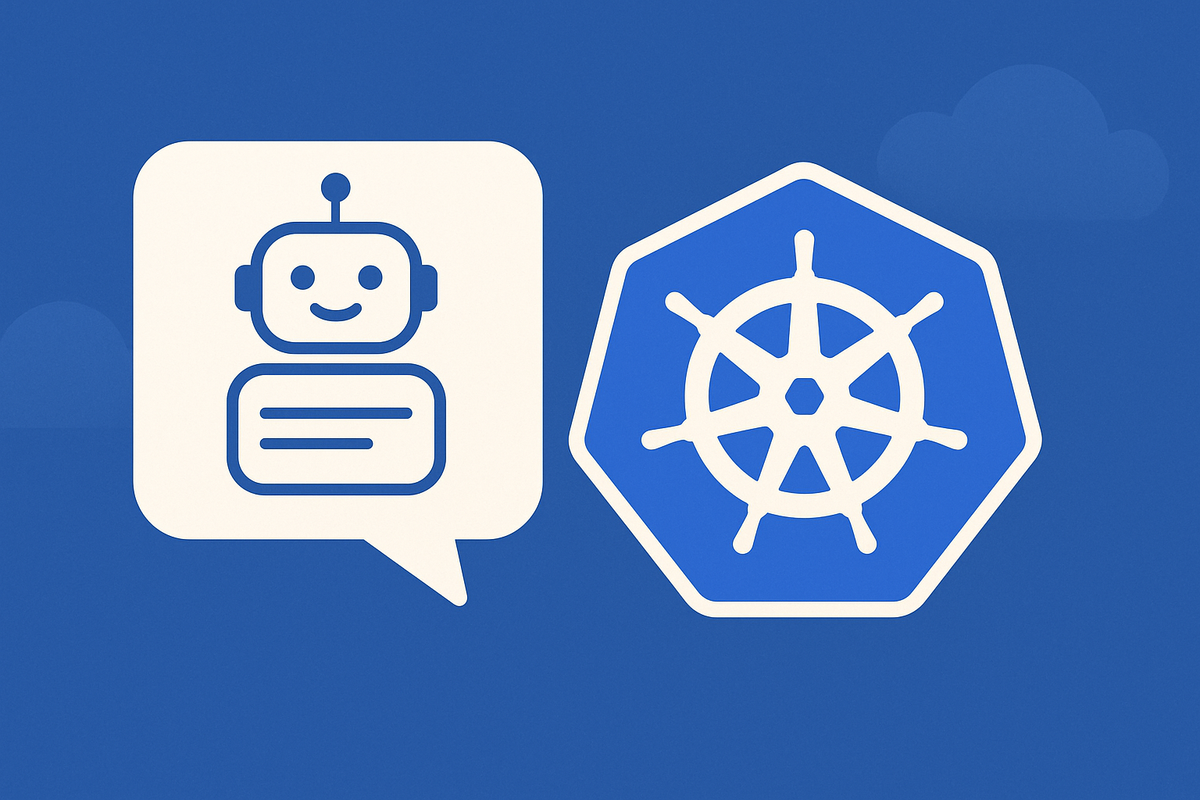
kubectl-ai: Can Artificial Intelligence Simplify Your Interaction with Kubernetes?
Kubernetes has become the de facto standard for container orchestration, but let's be honest: its learning curve can be steep and its daily operations complex. Mastering kubectl, YAML files, and the vast array of resources it offers takes time and dedication. But what if Artificial Intelligence could lend us a hand to flatten that curve and make our lives with Kubernetes a bit simpler?
Today I want to talk about a tool that explores precisely this intersection: kubectl-ai, a project hosted in the GoogleCloudPlatform repository on GitHub. Although still experimental, its proposal is fascinating: using LLMs (Large Language Models) to interact with your Kubernetes cluster or generate manifests using natural language.
What is kubectl-ai and how does it work (roughly)?
kubectl-ai is a plugin for kubectl that acts as an interpreter between your natural language requests and the commands or manifests that Kubernetes understands. Instead of remembering the exact syntax of a command or the detailed structure of a YAML file, you can ask kubectl-ai what you need in a more conversational way.
Under the hood, the tool sends your request to an AI model. By default, it uses Gemini, of course, but you can use other supported models via Vertex AI, AzureOpenAI, OpenAI, Grok, or local LLMs. This model then generates the corresponding kubectl command or YAML manifest. Before applying any changes, it generally shows you what it's going to execute, giving you the opportunity to review it.
Potential Advantages of Using kubectl-ai
The idea behind kubectl-ai and similar tools is very promising, offering several advantages:
- Reduced learning curve: For those starting with Kubernetes, being able to express needs in natural language can be a great relief compared to memorizing commands and YAML syntax.
- Increased productivity: Generating draft manifests or finding the right command can be much faster.
- Fewer errors (potentially): Although AI is not infallible, it could help avoid common syntax errors in YAML files or in the construction of complex commands.
- More intuitive interaction: It facilitates a more natural way to "dialogue" with your cluster.
The Future: Towards Smarter and Simpler Infrastructure Management
Indeed, infrastructure management, even with tools as powerful as Kubernetes, still carries considerable complexity. Tools like kubectl-ai are, in my opinion, a step in the right direction towards simplification.
I imagine a future where AI not only helps us generate configurations or execute commands, but can also:
- Offer proactive diagnostics of problems in the cluster.
- Intelligently suggest resource optimizations.
- Assist in incident resolution by explaining complex errors and proposing solutions.
- Facilitate more robust security policies by generating and validating configurations.
AI could become that "expert companion" that assists us, allowing even smaller teams or those with less specialization to effectively manage complex Kubernetes environments.
Final Thoughts: AI as an Ally in Our Day-to-Day
Beyond kubectl-ai, the trend is clear: artificial intelligence has arrived to transform the way we interact with technology and how we do our work. In the realm of DevOps and systems administration, its potential to simplify tasks, boost our productivity, and ultimately allow us to achieve more ambitious goals is encouraging.
It's not about AI replacing us, but about it becoming a powerful tool that allows us to focus on higher-level problems, letting it handle the more mechanical or complex tasks of translating our intent into action.
I invite you to explore kubectl-ai and similar tools. Experiment, be critical, and reflect on how these new capabilities can improve your workflow.